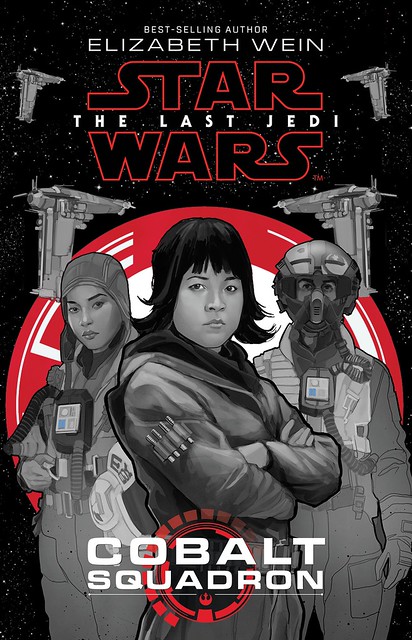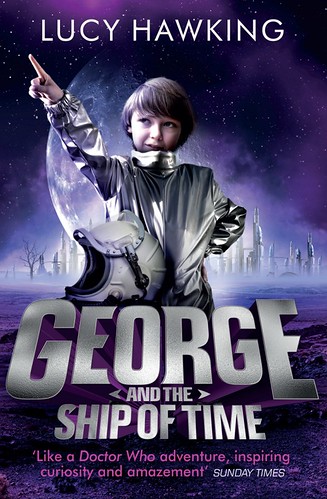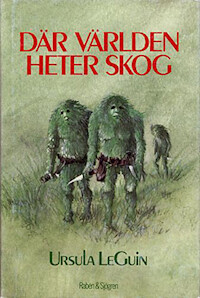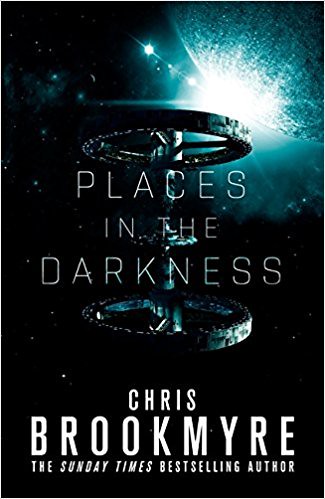If you haven’t already met Ann Landmann at some event, you’re in for a treat at her Cymera weekend. And today, as a bonus, I have asked Ann a few questions from which you can find out, roughly, how to start your own litfest. That is, if you have even a fraction of Ann’s energy.
How do you even come up with the idea of starting your own book festival?
I love book festivals, big and small, and living in Edinburgh obviously means I have one of the best on my doorstep. Over the years I have noticed that SFFH authors don’t feature in book festival programmes as much, and while I know there are lots of conventions, a lot of them are down South.
The easy solution to bringing authors that I love to Scotland was starting my own book festival. So, armed with festival experience, events organiser experience, an MA in Arts, Festival and Cultural Management and a lot of enthusiasm, I found some equally crazy people and here we are.
Was it obvious what category books and authors you wanted?
Yes. Cymera is dedicated to Science Fiction, Fantasy and Horror, and we pretty much stuck to those categories. As to authors, we’ve been super lucky – the support from publishers has been great, and we actually got almost every author we asked for. I suspect the lure of Edinburgh, Scotland, played into this too!
According to the press release you have 81 authors. Have you read all of them?
I have read a lot of them, but not all (yet). There’s still time though …
How do you go about finding a venue?
From the beginning it was clear that we wanted to create the buzz you get when everything is in one venue, like at a convention. We also needed a bar, it had to be accessible and have lots and lots of space.
For my old job as Events Manager for a local bookshop I’ve always stayed on top of what venue in Edinburgh does what, and I knew the Pleasance just had a refurbishment making it more accessible. EUSA, who run the Pleasance, have been great to work with, and hopefully the space is as perfect as I am envisioning it.
Has it been hard to get volunteers? Who is volunteering?
We’ve had a fantastic response for our call for volunteers for the weekend! We have people from all sorts of backgrounds, from students to people that have volunteered at festivals before.
Are you actually looking forward to the Cymera weekend, or just to it being over?
I can’t wait! I hope we’ll get that buzz going, that everyone has a great time, makes new friends, discovers new writers – all those things that make a successful festival!
Dare I ask; once it’s over, will you do it again?
We fully intend Cymera to become an annual event that people look forward to every year. There’s definitely plenty of authors out there to fill an annual programme, and we have lots and lots of ideas of what we else we can do. 2019 is the year we are trying things out, and we are hoping for lots and lots of feedback that we can build the 2020 festival on.
I like the convention idea! Now all I need is a bed under the stairs.
See you there! (At Pleasance, not under the stairs.)







